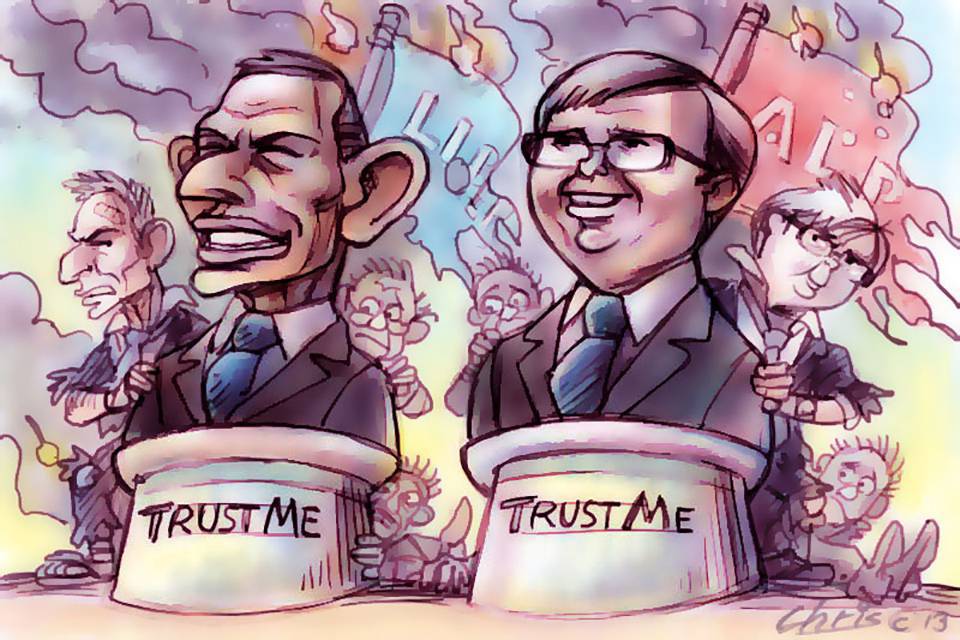Alberto Fujimori: Legacy of a Controversial Leader
Former Peruvian president Alberto Fujimori, who implemented significant economic reforms but later faced imprisonment for human rights abuses, passed away at 86. Known for his autocratic style, Fujimori battled hyperinflation and insurgencies but was marred by corruption and scandal. His legacy remains polarizing in Peruvian history.

Former Peruvian President Alberto Fujimori, a controversial figure who drove Peru's economic resurgence in the 1990s but later faced imprisonment for human rights abuses, died on Wednesday at 86. Fujimori's tenure was marked by economic reforms and aggressive measures against insurgents, but also by significant corruption and autocratic practices.
Fujimori was the son of Japanese immigrants and a little-known academic before his election in 1990. His hands-on political style quelled hyperinflation and privatized state-run industries, laying the groundwork for Peru's economic stability. However, his administration was also noted for shutting down Congress, manipulating the constitution, and establishing stringent anti-terrorism laws.
Scandals marred his presidency, leading to his eventual exile, incarceration, and multiple health issues. Fujimori's legacy is staunchly defended by his daughter Keiko, herself a political figure. His life inflamed public opinion, leaving a complex and deeply divided historical imprint on Peru.
(With inputs from agencies.)










